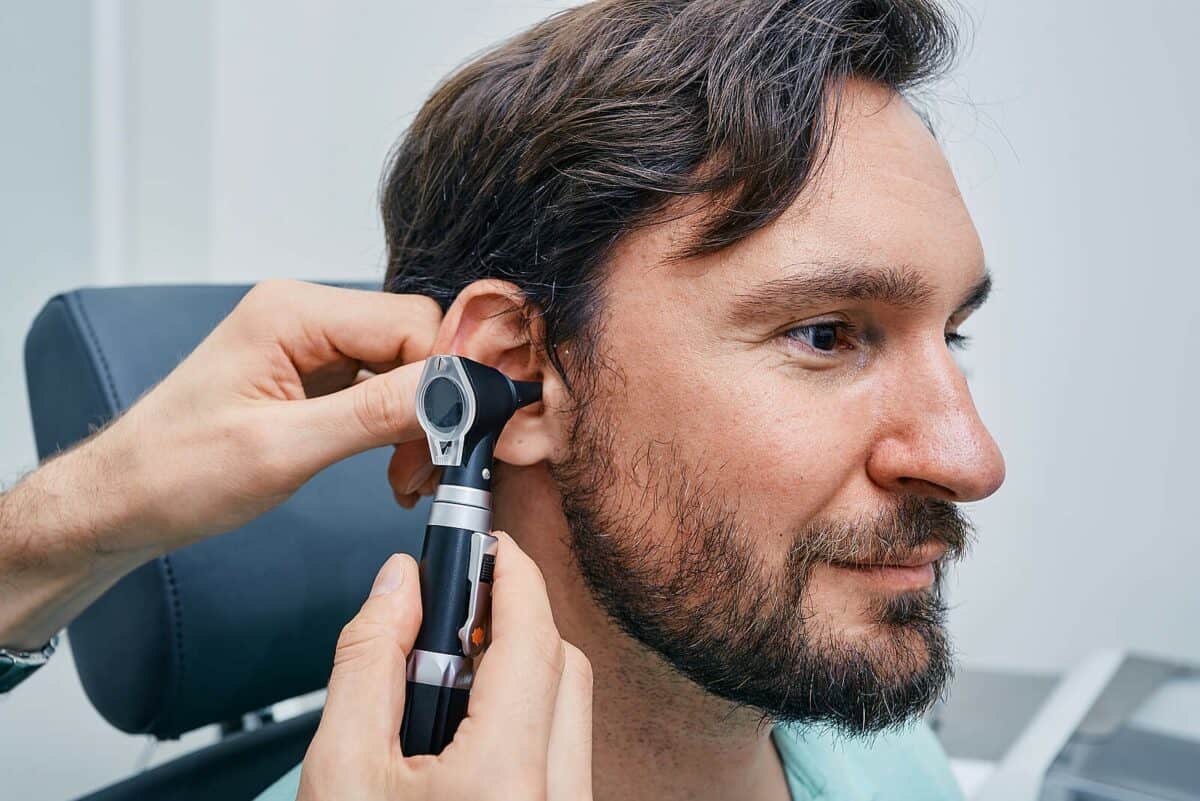- Volunteering for Hearing Health Causes - May 27, 2025
- Questions to Ask During Your Hearing Health Appointment - May 16, 2025
- Exploring Alternative Therapies for Hearing Loss - May 6, 2025
Have you ever wondered why people get hearing tests? Whether you’re concerned about your own hearing or that of your loved one, understanding the importance of hearing tests can make a big difference. Today we will explore the reasons people undergo hearing tests, how they differ for children and adults, and where you can get them.
Why Get a Hearing Test?
Hearing tests are essential for assessing the overall health and functionality of our ears. There are various reasons why people undergo hearing tests, including:
Detecting Hearing Loss: The primary purpose of a hearing test is to identify hearing loss. Whether you’ve noticed difficulties in understanding conversations, or your loved ones have expressed concerns, a hearing test can pinpoint the extent and type of hearing loss you may be experiencing.
Early Intervention: Detecting hearing loss early on can significantly impact treatment outcomes. Timely intervention can help prevent further deterioration of hearing, improve communication skills, and enhance overall quality of life.
Occupational Screening: Some professions, such as airline pilots, construction workers, and musicians, require regular hearing tests due to the high noise exposure they experience on the job. These tests help ensure their ability to perform safely and effectively.
Hearing Tests for Children
Hearing tests for children differ from those for adults due to the unique nature of pediatric hearing health. Here are a few key points to consider:
Developmental Milestones: Hearing is crucial for a child’s language and cognitive development. Hearing tests in children focus on assessing hearing abilities at various developmental stages, from newborn screenings to school-age assessments.
Play-Based Testing: Traditional hearing tests may not work well with young children, so audiologists use play-based techniques to evaluate their hearing. These methods make the testing process more engaging and fun, allowing accurate results to be obtained.
Parental Involvement: Parents play a significant role in pediatric hearing tests. They provide valuable insights about their child’s behavior and communication skills, aiding in the diagnostic process. Collaboration between parents and healthcare professionals is key to ensuring accurate results and effective treatment if needed.
Hearing Tests for Adults
For adults, hearing tests focus on diagnosing and managing hearing loss. Here are some aspects to consider:
Comprehensive Evaluations: Adult hearing tests evaluate the degree, type, and possible causes of hearing loss. Audiologists use a combination of pure-tone audiometry, speech tests, and other specialized assessments to gather detailed information about the individual’s hearing abilities.
Lifestyle Considerations: Hearing tests for adults take into account their unique lifestyle factors. This includes discussions about noise exposure, medical history, and any specific listening challenges they face in their daily lives. These details help tailor treatment plans to individual needs.
Hearing Aid Fitting: If hearing loss is detected, audiologists guide adults through the process of selecting and fitting hearing aids. They provide counseling, support, and follow-up care to ensure the best possible outcomes in terms of improved hearing and overall well-being.
Where Can You Get a Hearing Test?
Hearing tests are typically conducted by licensed audiologists or hearing healthcare professionals. Here are a few common places where you can get a hearing test:
Audiologist’s Clinic: Audiologists are specialists trained in assessing and managing hearing disorders. They operate in private practices, hospitals, or hearing clinics. They offer comprehensive hearing evaluations and can provide personalized treatment options.
Hearing Aid Centers: Many hearing aid centers offer free hearing tests as part of their services. These centers may have certified hearing instrument specialists who can perform the tests and offer advice on hearing aids if needed.
ENT (Ear, Nose, and Throat) Specialists: If you have concerns about your hearing, you can consult an ENT specialist who may conduct initial hearing screenings or refer you to an audiologist for further testing and treatment.
Wrap Up
Regular hearing tests are essential for maintaining healthy hearing and detecting any potential issues early on. Whether for children or adults, these tests play a vital role in optimizing communication abilities and overall well-being. If you or your loved ones have concerns about hearing, don’t hesitate to reach out to a qualified hearing healthcare professional. Take care of your hearing, and the world of sounds will remain vibrant and enjoyable!
Remember, if you need professional guidance, consult with a healthcare provider or audiologist who can provide personalized advice based on your unique situation.

